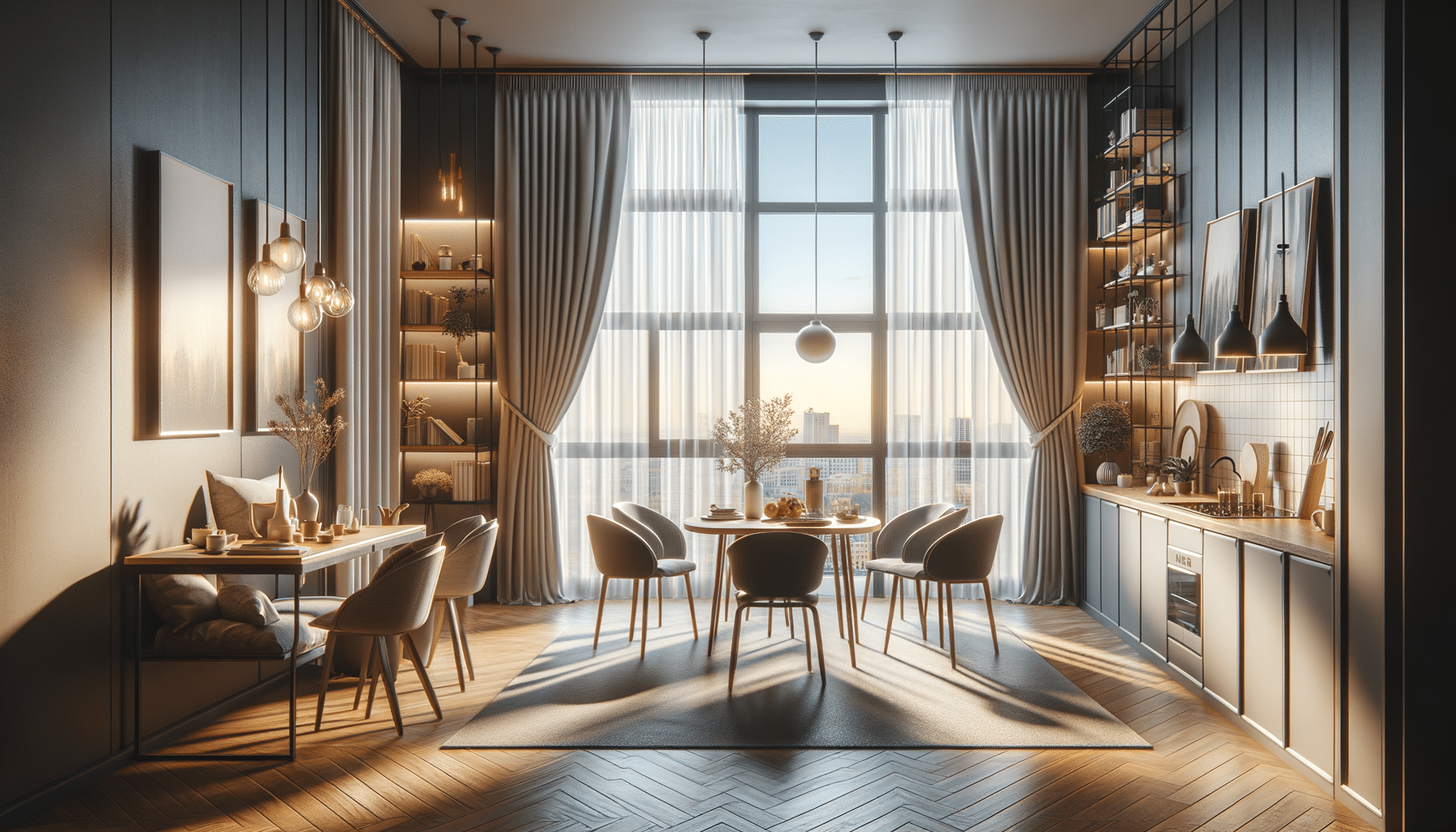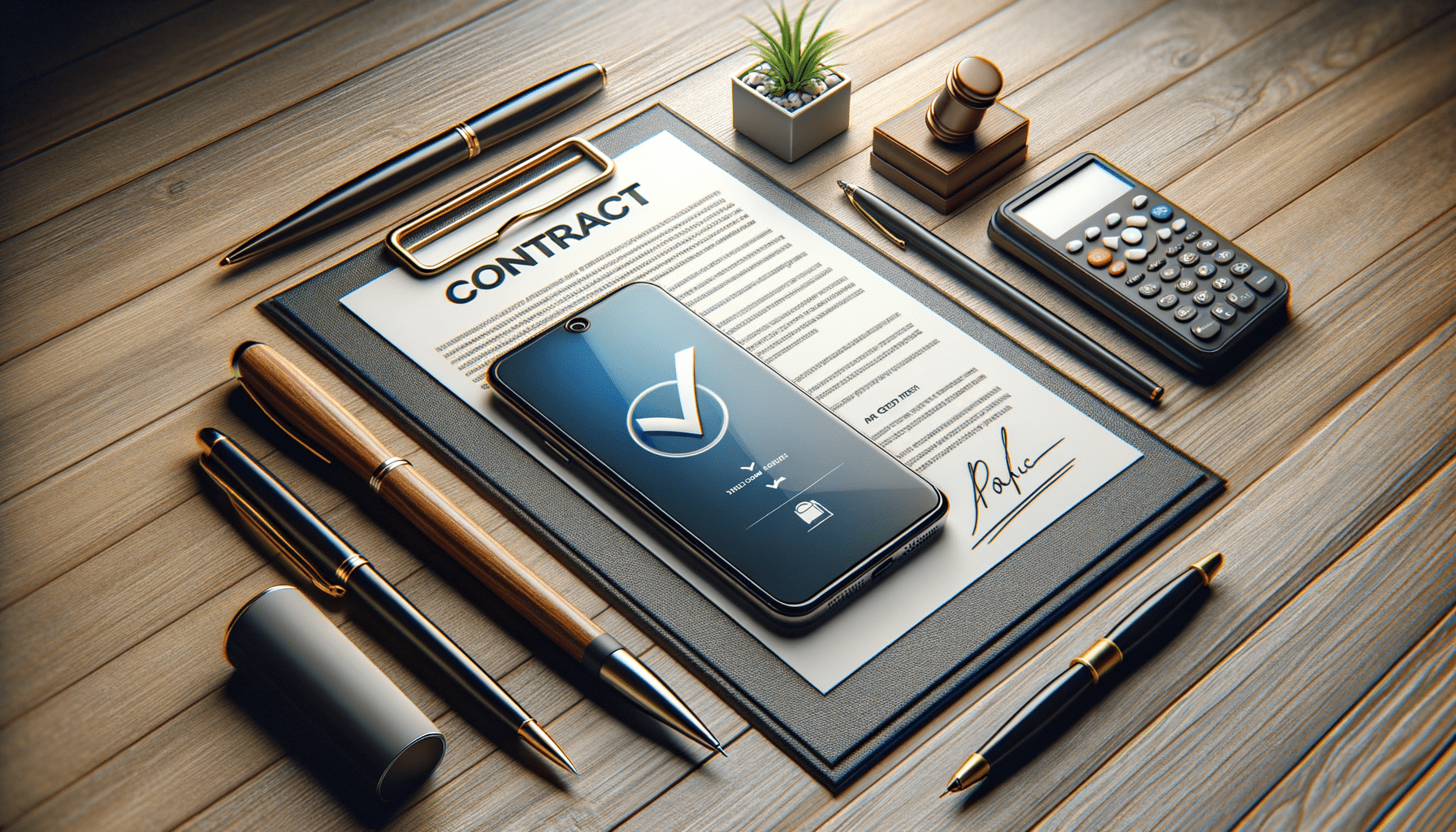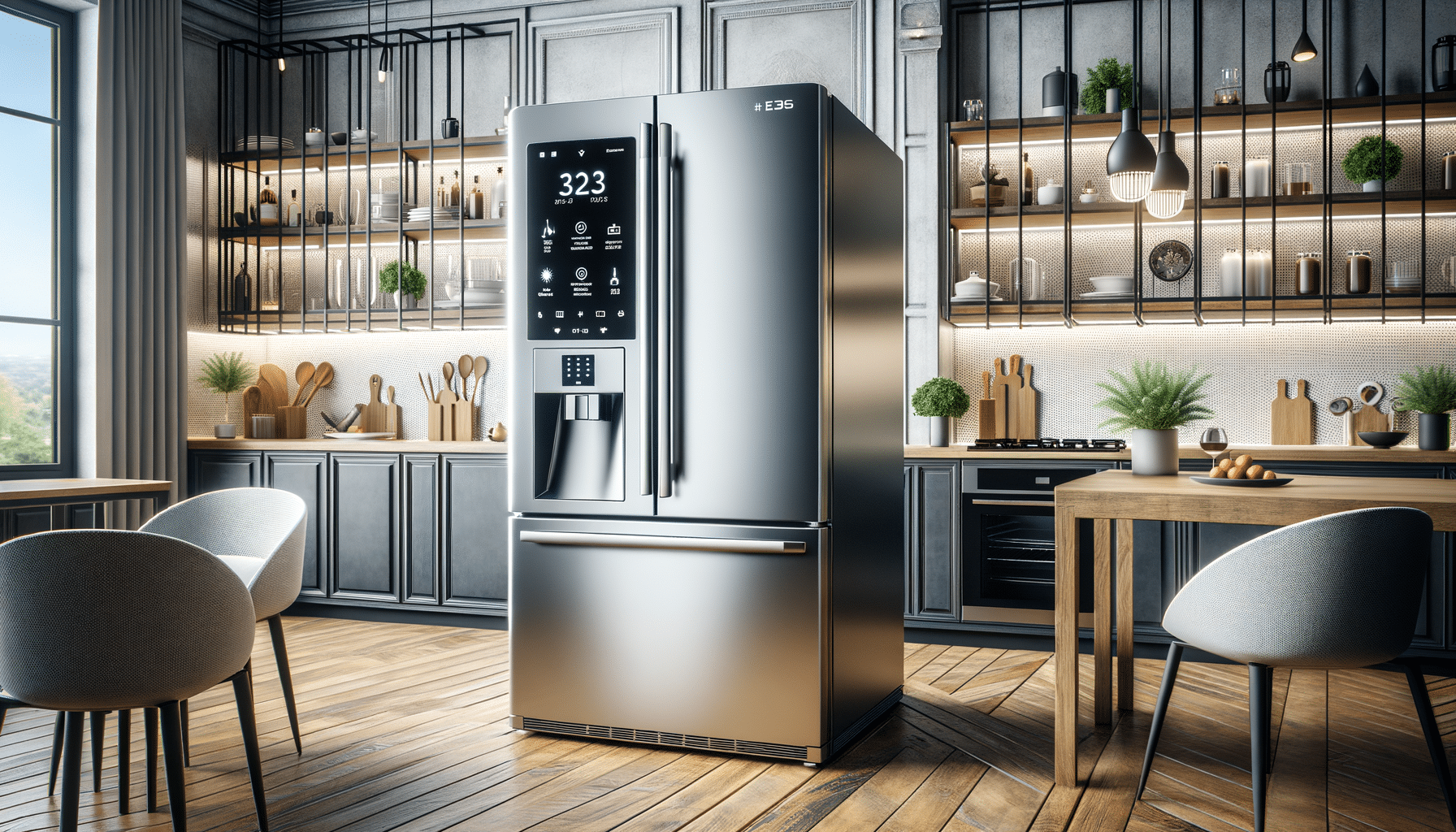
How Minimalist Living Can Improve Your Mental Health
Written by Marcia D. Hurn and over 2,800 people who suffer from mental health in today’s fast-paced world. Decluttering, simplifying, and downsizing can be overwhelming. Minimalist living is a welcome change. It makes your life easy, relieves stress, and helps you focus on things which matter.
The anxiety, the more cerulean thinking, and the peace can all come from the benefits of minimalism. This guide will delve into decluttering for wellness and how simplifying life benefits our mental health.

How Minimalism Reduces Stress
Less Clutter, Less Overwhelm
A cluttered space can clutter your mind. Studies show that too many belongings can raise anxiety and stress. Minimalism helps by:
- Decluttering unnecessary items for a calming atmosphere.
- Simplifying daily choices like what to wear or eat.
- Improving focus and productivity by cutting distractions.
Removing clutter clears your mind, helping you feel at ease. A minimalist space invites relaxation and makes unwinding easier.
More Time for What Matters
Minimalism values meaningful experiences over material possessions. By cutting out unnecessary commitments, you gain time to:
- Engage in self-care and mindfulness.
- Build closer relationships with loved ones.
- Pursue hobbies that bring joy.
- Focus on personal growth.
Owning fewer things means spending less time cleaning and organizing. This extra time can enhance one’s mental well-being and happiness.
Financial Freedom and Reduced Anxiety
Overspending often leads to financial stress. A minimalist approach helps by:
- Promoting mindful spending on essential items.
- Cutting unnecessary purchases for better financial stability.
- Focusing on long-term financial goals over impulse buys.
- Lowering debt and boosting savings for a stress-free future.
Reducing financial burdens brings peace of mind and reduces anxiety about money.
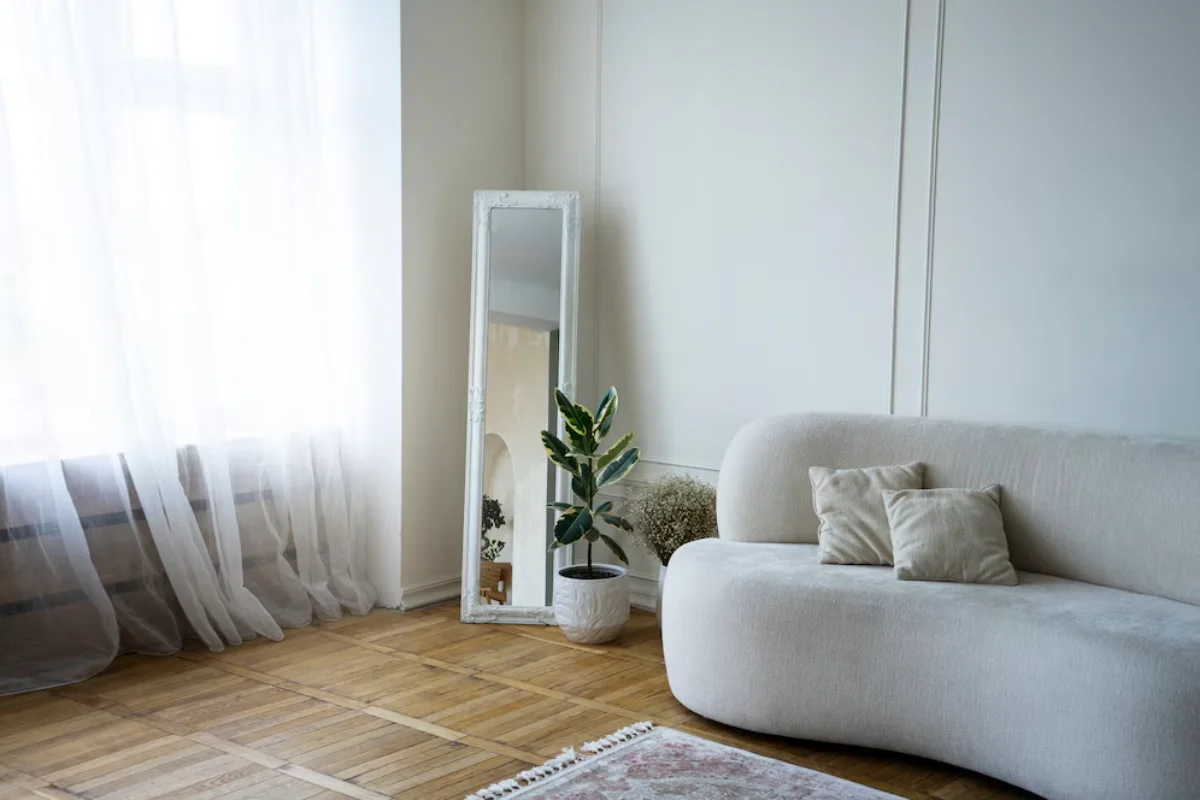
Decluttering for Wellness: Practical Steps
Start Small and Build Momentum
Decluttering your home can feel overwhelming. Begin with small areas, like a drawer or one room.
Simple Decluttering Tips:
- Follow the “one in, one out” rule—donate or discard one item for every new one.
- Use the Marie Kondo method: Keep only what “sparks joy.”
- Set a 15-minute timer daily for decluttering.
- Sort items into “keep,” “donate,” and “discard” piles to simplify decisions.
- Save sentimental items for last, as they require more thought.
Create a Calm Home Environment
Your space impacts your mental state. A minimalist home promotes peace by:
- Using a neutral colour palette for a serene vibe.
- Keeping surfaces clean and clutter-free.
- Adding natural elements like plants and sunlight.
- Choosing functional yet stylish furniture to avoid clutter.
- Limiting excessive decorations to those that bring joy.
A tidy, well-organized home creates a calm retreat for you to recharge and focus on your well-being.
Digital Minimalism for a Clearer Mind
Digital clutter—like overflowing emails and notifications—can overwhelm you just like physical clutter. Reduce digital stress by:
- Unsubscribing from unwanted emails and notifications.
- Organising digital files for a smoother workflow.
- Setting screen time limits to improve focus.
- Deleting unused apps to simplify your digital space.
- Taking regular social media breaks to reset.
A cleaner digital space boosts productivity, cuts distractions, and helps you regain control of your time and energy.
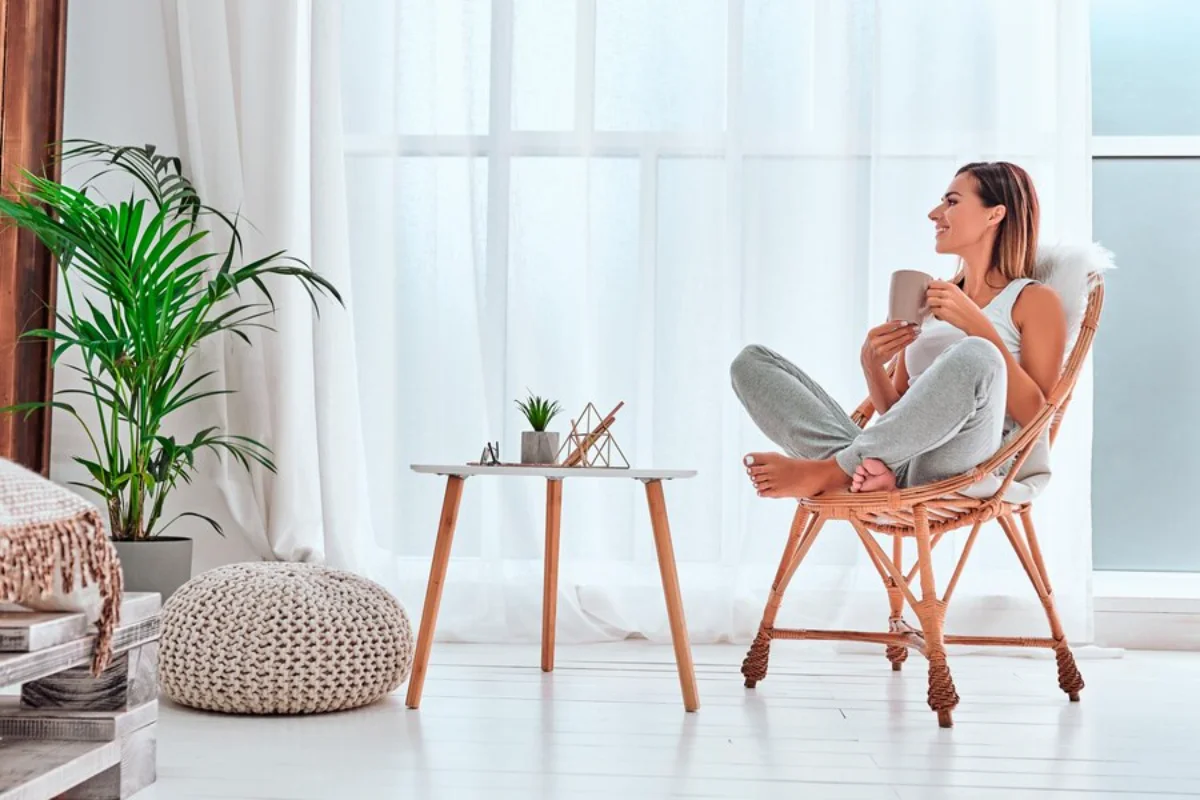
How Minimalism Enhances Mental Clarity
Improves Decision-Making
A cluttered life leads to decision fatigue. Simplifying daily choices, like having a capsule wardrobe, reduces mental strain. Fewer choices mean more mental energy for important decisions.
Encourages Mindfulness and Gratitude
Minimalism fosters appreciation for what you have, which encourages gratitude and leads to greater happiness. Mindful consumption helps you value things and experiences that truly bring joy.
Boosts Self-Confidence
Owning fewer things shifts focus from external validation to personal values. This can lead to:
- Increased self-awareness.
- A stronger sense of identity.
- Greater confidence in your choices.
- Empowerment from breaking free of consumerism.
Minimalism shifts focus from material success to personal fulfilment.
Minimalism as a Long-Term Mental Health Strategy
Minimalism isn’t just about decluttering; it’s a mindset shift. Long-term practice can lead to:
- Lower anxiety and depression by reducing stressors.
- Greater control over your environment and time.
- Better work-life balance, prioritising what truly matters.
- A healthier relationship with possessions fosters financial and emotional stability.
- Overall, freedom from societal pressures and consumer stress.
Adopting minimalism can sustain long-term mental well-being and maintain calm in a chaotic world.
Enhance Your Well-Being Through Minimalist Living
There are many mental health benefits to minimalism and a minimalist lifestyle. Minimalism aligns with decluttering for mental health, decluttering to afford your new life, and mindfulness to help you focus on what matters. If you’re looking for the cognitive benefits of minimalism, begin small. Clear out a space, streamline your calendar and see how it shifts your mental state.
Minimalism isn’t deprivation. It’s about curating a life that positively contributes to your mental health and happiness. Are you ready to take the first step toward a calm home environment and a stress-free life? Share your thoughts in the comments below!
